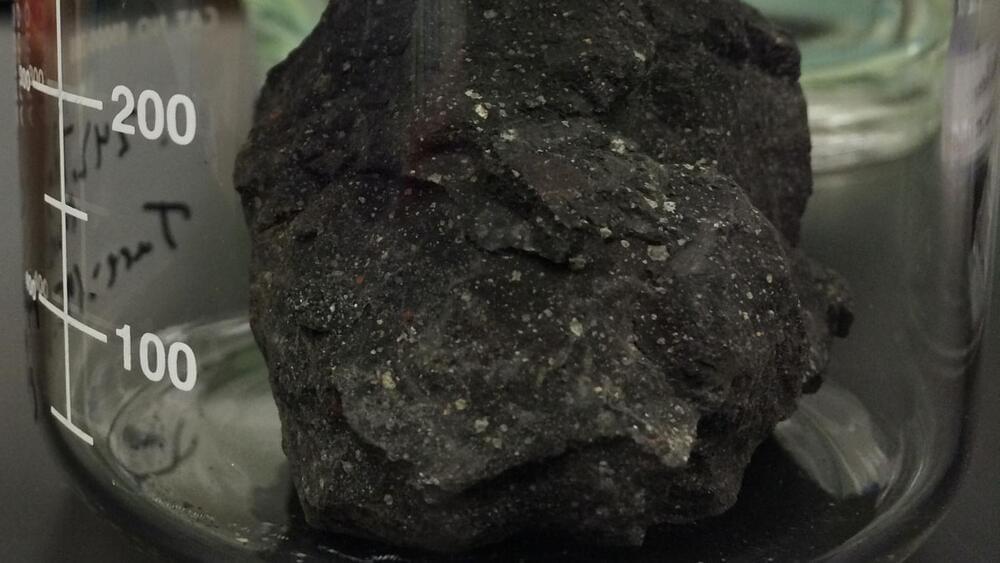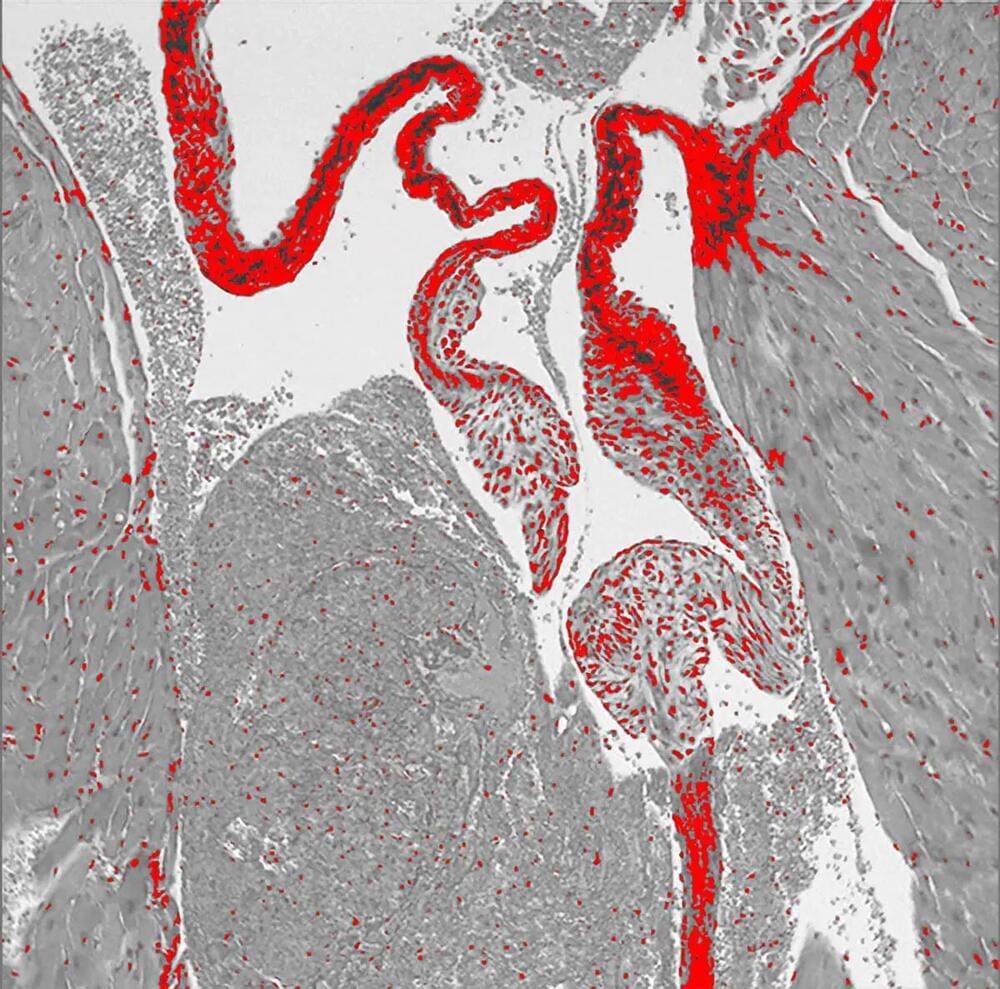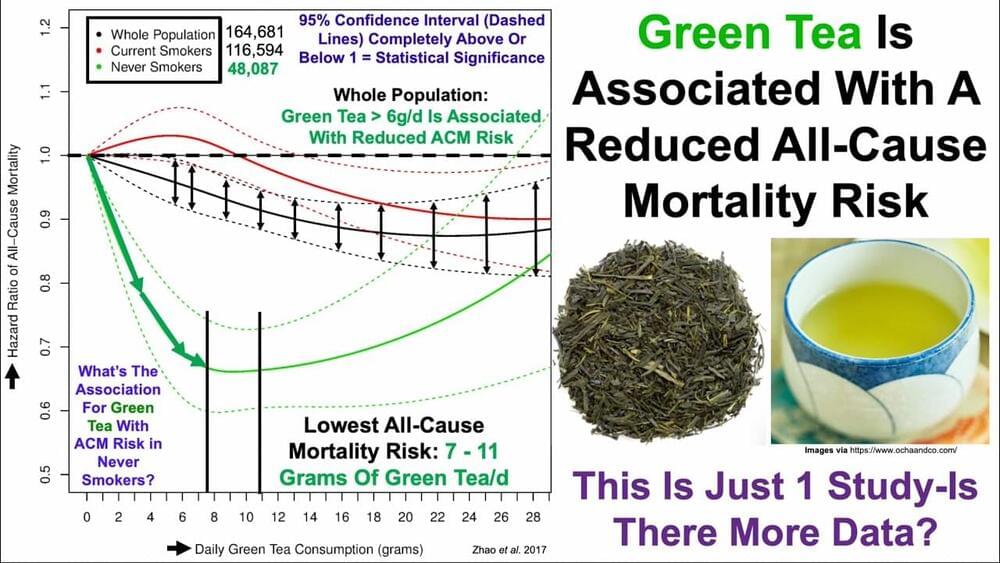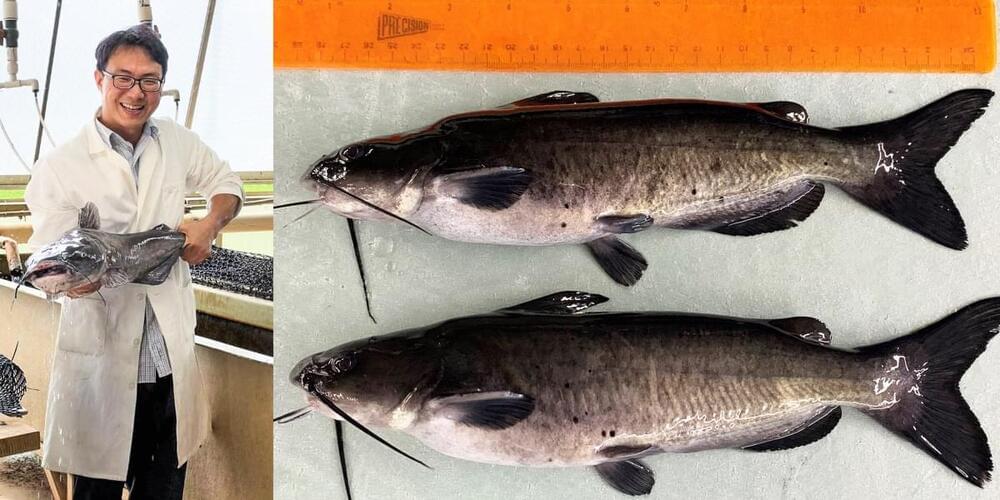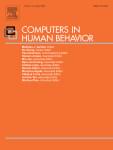
😉
Persons with autism spectrum conditions (ASC) often engage in video gaming, one of the most common leisure activity in this population. Escapism, aimed at the avoidance of negative experiences or self-development, is considered as one of the main gaming motivations. Furthermore, escapism is a self-regulatory strategy used while suffering from autistic burnout, consisting of exhaustion, reduced social skills, anhedonia, and withdrawal. The goal of the current study was to determine predictors of escapism in video gaming among adult gamers with ASC. It was hypothesized that two types of escapism – self-suppression and self-expansion – would differentiate gaming motivations, affective outcomes, anhedonia, and autistic burnout rates. A total of 189 persons participated in the study (Mage = 27.52, SDage = 7.25), including 105 females. The results obtained indicated that self-suppression escapism was predicted by introjected regulation, positive and negative affect, and hedonic tone (F = 8.760, p < .001), while self-expansion was predicted by identified and integrated gaming motivations, hedonic tone, and positive affect (F = 23.066, p < .001). PLS-SEM analysis revealed good fit of the model with autistic burnout predicting self-suppression escapism. These results acknowledge the two-dimensional approach to escapism and highlight potential risk factors of self-suppression, especially among persons presenting symptoms of autistic burnout. Future research and clinical application directions are outlined.

